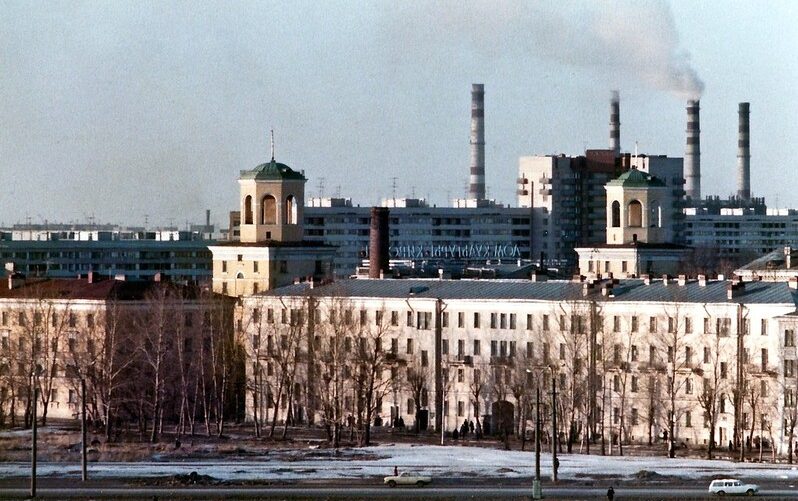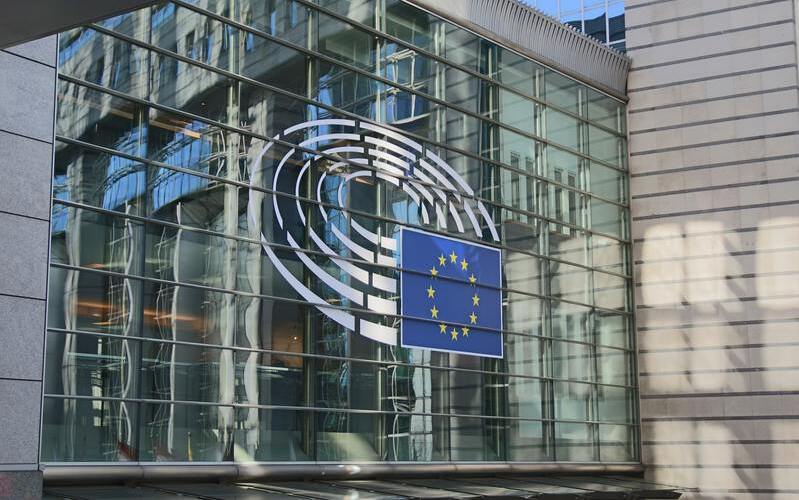
Transformation in Russian Civil Society
This analysis studies the transformations in Russian civil society from the eighteenth through the twenty-first century. It argues that powerful political structures, formed during the Imperial, Soviet and post-Soviet periods, have influenced civil society arrangements in the modern-day Russian Federation. Similar to Russian forms of democracy and the market economy, which diverge substantially from Western European models, civil society as it exists in the RussianFederation has not followed the West’s trajectory of development. This Russian iteration of civil society, which emerged after the collapse of the Soviet Union, is the result of successive transformations across social sectors over several centuries and is justified through various factors unique to the Russian socio-political context.

Corruption in Europe and beyond – A threat to democracy, peace and stability?
Corruption, often represented as an issue that only developing countries would have to deal with, actually exists in the global north and south. It is, therefore, a worldwide concern and poses significant challenges to peace, stability and democracy as well as social equality and development around the globe. Thus, multilateral institutions and global leaders will have to step up their game to finally break cycles of corruption and bring about sustainable development.

